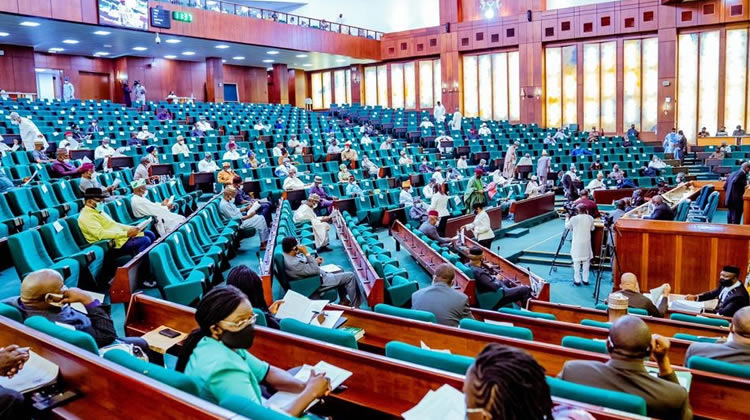
The committee also commended the examination body for ensuring “transparency in all its financial transactions and other activities.”
A statement released on Thursday by the Board’s Head of Public Relations, Fabian Benjamin, noted that the committee, chaired by Oforji Oboku, gave the commendation on Wednesday in Abuja.
This was during an interactive session with the management of JAMB and a representative of the Accountant General of the Federation.
According to the statement, the lawmakers, who were presented with a 392-page document by JAMB that contains audited accounts from 2019 to 2022, procurement details, budget performance, and evidence of remittances, among others, expressed delight at the level of transparency exhibited by the exam body.
“I must commend the entire management of JAMB. We know what records said before they assumed office; we know what records are saying now. The transparency efforts of the organisation, the changes we have seen in revenue, the remittances,… JAMB, we still say kudos to you,” a member of the committee, Sina Oyedeji, said in the statement.
The committee, which also received the presentation of the board’s financial records from the AGF’s representative, Anum Lucy, however, set up a “unit committee” to find out reasons for the little discrepancies observed in the financial records presented by JAMB and that of the Accountant General Office.
Responding to some of the issues raised, the JAMB registrar, Prof. Ishaq Oloyede, likened some of the discrepancies to payments’ charges that were not recorded by the Accountant General Office.
“For example, when we paid N10, we reported N10, but the portal through which the payment was made will deduct charges and record the net.
“While we record the gross, they are recording the net and this accounts for those discrepancies. That is why reconciliation is necessary,” he said.
Oloyede, who said JAMB has been making remittances to the Federal Government’s coffers since 2017, revealed that the exam body does not receive allocations for capital projects and overhead from the national budget.
“We don’t collect capital; we don’t collect overhead; if you look at the budgets of other agencies in our category, you will see they collect capital and overhead, but neither of these do we collect; despite that, we make returns from what we collected. Our own IGR is what we spend on capital projects,” he said.
Earlier, in her presentation, the representative of the Accountant General of the Federation, Anum Lucy, said JAMB started its yearly remittances to the Federal Government’s account with N7.8bn in 2017.
She said, “JAMB as an organisation started remitting revenue to the coffers of the government in 2017, and in that year, they remitted N7.8bn to the coffers of the government.
“In 2018, it was N5.2bn. In 2019, it was N3.6bn. In the year 2020, it was N3.8bn. In 2021, it was N3.5bn, and N3.1bn in 2022.”
Meanwhile, the statement noted that the committee has resolved to invite Zenith Bank Plc over its disagreement with JAMB following a disagreement on their past transactions.
“A member of the committee had drawn attention to N497m said to be indebted to Zenith Bank by JAMB and the N4.2bn uncovered by a forensic audit, which the bank was supposed to have paid the exam body from sales of registration forms before 2017.
“The committee said its intervention on the issue, which is said to be currently handled by the Economic and Financial Crimes Commission, is to ensure a smooth resolution of the conflict.
“While passing a motion directing JAMB to submit the forensic audit report on the N4.2bn owed by the bank, the committee also ordered the exam body to present before it the list of tertiary education institutions that have conducted irregular or illegal admissions across the country as well as its past recruitment list,” the statement read.











